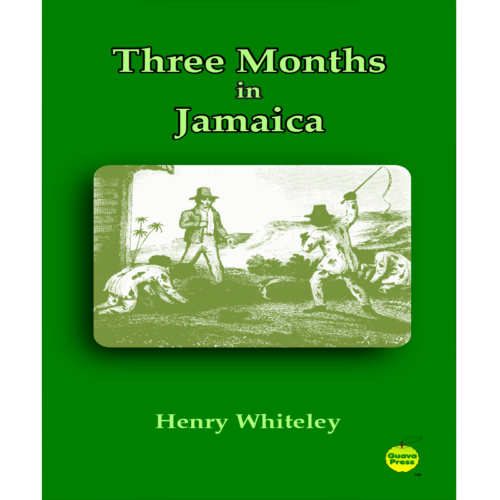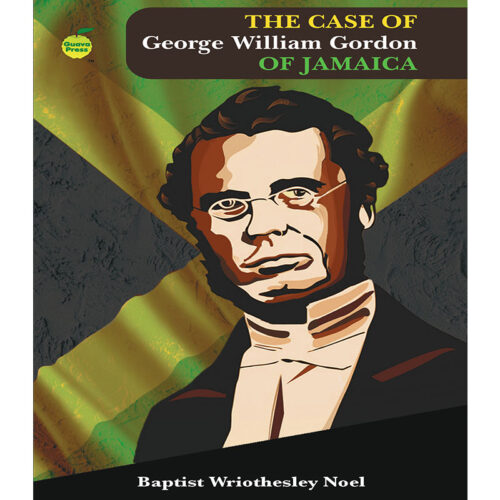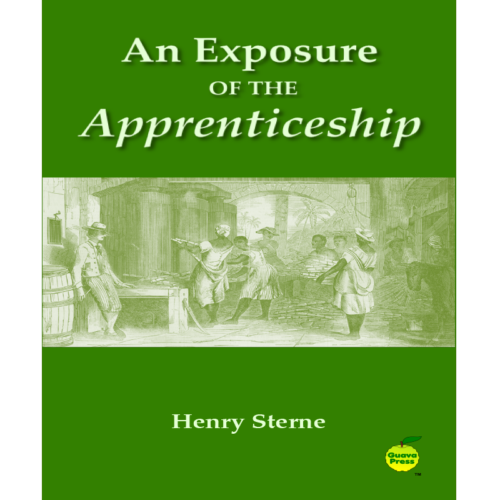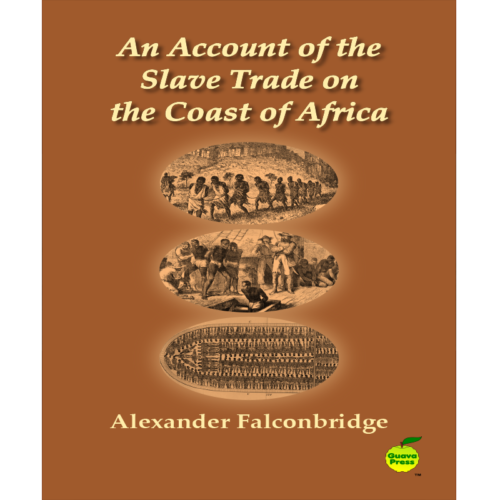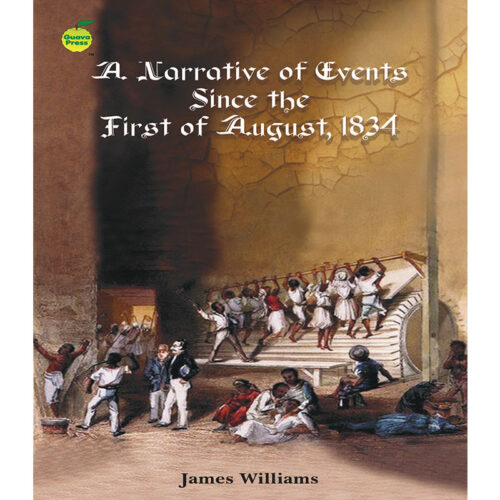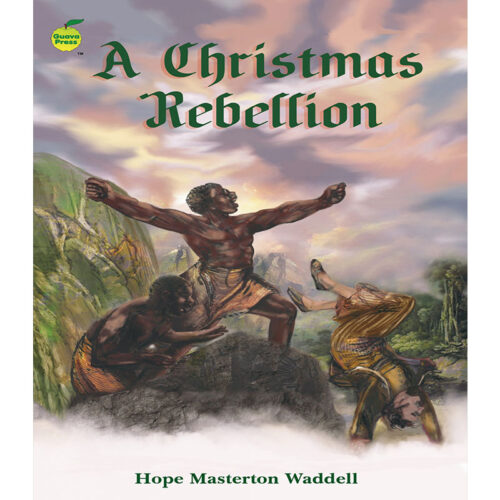-
By Henry Whiteley In 1832, Henry Whiteley, a young Methodist clergyman, travelled to Jamaica on a mission to preach the gospel to the Negro slaves and convert many to Christianity. Three Months in Jamaica is Whiteley’s account of that visit. The account was published in June 1833, and is one of the few remaining records of the working conditions and methods of punishment that existed on Jamaican sugar plantations during the period (1655-1838) when the British system of slavery existed throughout the island. An excerpt from Three Months in Jamaica: I proceeded on horseback to New Ground estate the next day. On my way thither I saw much majestic arid beautiful scenery, and enjoyed the prospect exceedingly, until I came in sight of a gang of negroes at work. Most of them were females; and they were superintended by a driver, with the cart-whip in his hand. Just as I rode past, the driver cracked his whip and cried out, “Work! Work!”
-
By Baptist Wriothesley Noel The Case of George William Gordon, Esq., of Jamaica by Baptist Wriothesley Noel examines the events that led to the execution by hanging after the Morant Bay Rebellion in 1865 of The Right Excellent George William Gordon, National Hero of Jamaica. Noel details Gordon the successful businessman, Christian and family man, as well as the flimsy and unfair charges brought against him by the colonial government for suspicion of having planned the rebellion. An excerpt from The Case of George William Gordon, Esq., of Jamaica: As a Christian and a man of strong affections it was impossible that he should not use his influence to protect the weak from suffering wrong. More than many rich men do, he resembled the patriarch, who could say of himself, “When the ear heard me, then it blessed me; and when the eye saw me, it gave witness to me: because I delivered the poor that cried, and the fatherless, and him that had none to help him. I was a father to the poor, and the cause that I knew not I searched out; and I break the jaws of the wicked, and plucked the spoil out of his teeth.”
-
By Henry Sterne Henry Sterne’s An Exposure of the Apprenticeship documents some of the unfair incidences that unfolded during the Apprenticeship period in Jamaica, which lasted from August, 1834 to July, 1838. Sterne outlines cases where the system operated mostly to the benefit of the former slave-masters and to the detriment of “the apprentices,” mostly because interpretation and enforcement of the law was left up to the discretion of biased special magistrates. An excerpt from An Exposure of the Apprenticeship: On the 1st of August, 1834, and until very lately, I was an inhabitant of a populous country parish, called Saint George’s. This parish has been noted in the annals of Jamaica for what is, out there, termed rebellion. Of this, then, most rebellious parish, do I now speak, from a lengthy, personal knowledge and observation.
-
By Alexander Falconbridge Alexander Falconbridge was a surgeon on slave ships that carried African slaves from the West African Coast to the Caribbean. In An Account of the Slave Trade on the Coast of Africa he describes the many and varied aspects of this despicable trade that was legally undertaken for centuries. The description starts from when the mostly English and French ships first dock along the West African coast and the captains go ashore to acquire Africans. He then explains how the slaves were captured and brought to the coast to be sold. The process is explained, including their treatment during the Middle Passage across the Atlantic Ocean, to when they were sold into hereditary bondage in the Caribbean. An excerpt from An Account of the Slave Trade on the Coast of Africa: The slave ships generally lie near a mile below the town, in Bonny River, in seven or eight fathom water. Sometimes fifteen sail, English and French, but chiefly the former, meet here together. Soon after they cast anchor, the captains go on shore, to make known their arrival, and to inquire into the state of the trade.
-
By James Williams In A Narrative of Events Since the First of August, 1834, James Williams, a Jamaican “apprentice” (former slave), describes his experiences under the British apprenticeship system that was established as a transition period from slavery to free labour to facilitate the gradual abolition of slavery within the British empire in 1833. His account tells of the brutal punishments he had to endure, including numerous floggings and imprisonments. He also describes the prison conditions where the use of the treadmill was common, as well as how women were constantly abused in many ways. Williams concludes that the system of apprenticeship worsened the conditions of Jamaican ex-slaves, as the former slave-owners used the Jamaican legal system to constantly harass and punish them. An excerpt from A Narrative of Events Since the First of August, 1834: I have been very ill treated by Mr. Senior and the magistrates since the new law come in. Apprentices get a great deal more punishment now than they did when they was slaves; the master take spite, and do all he can to hurt them before the free come;—I have heard my master say, “Those English devils say we to be free, but if we is to free, he will pretty well weaken we, before the six and the four years done; we shall be no use to ourselves afterwards.”
-
By Hope Masterton Waddell Hope Masterton Waddell was a missionary in Jamaica when a slave uprising started after December 25, 1831, which lasted into the first weeks of 1832. A Christmas Rebellion is Waddell’s recollection of this rebellion that is considered the largest slave rebellion in the British Caribbean. The uprising was also called the Baptist War because many of the rebels were Baptist denomination. An excerpt from A Christmas Rebellion: Early in December 1831 rumours of an impending servile war began to spread abroad and agitate the community. The slaves, it was said, had bound themselves by a solemn oath to each other to be slaves no longer. The conspiracy was discovered on Salt Spring estate, near Montego Bay, from the mysterious and threatening language of an angry negro to his overseer, which aroused suspicion, led to investigation, and thereby brought to light the whole scheme. The time was near for its being carried into effect, yet nothing seemingly could be done beforehand to prevent it.
